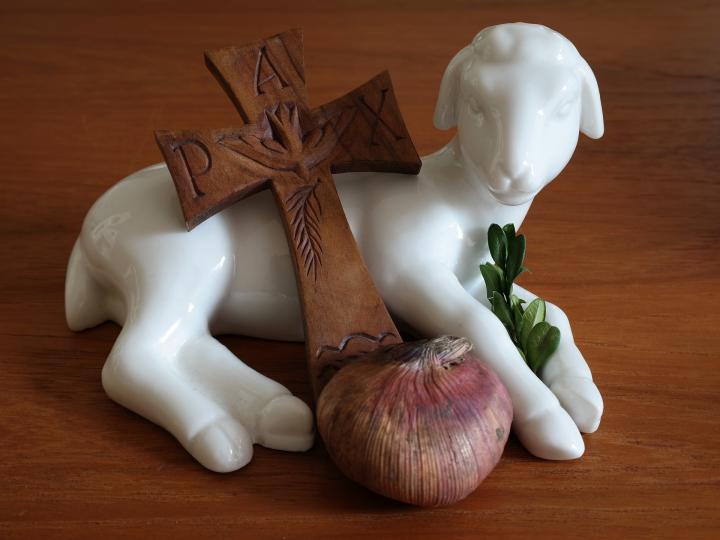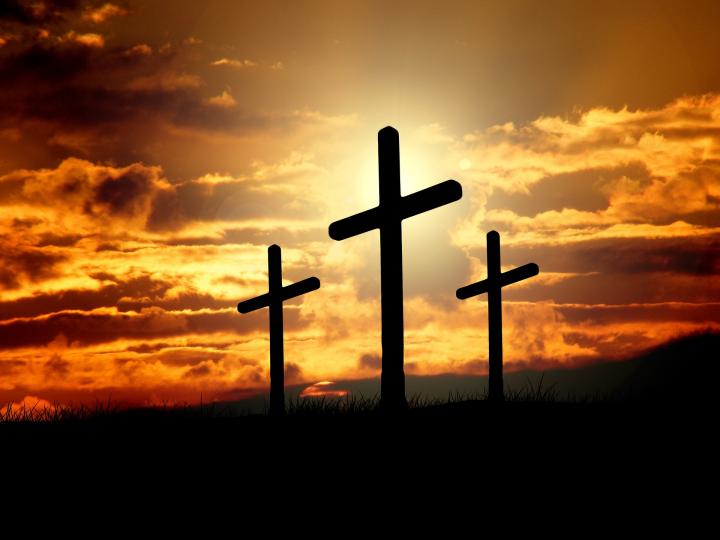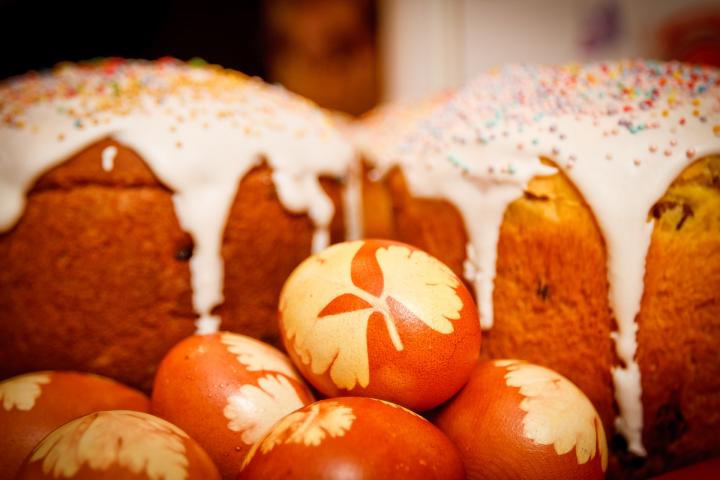
How is Easter Determined? It's Related to the Moon!

Easter Recipes
Thank you for an interesting article. You mentioned that the equinoxes are happening earlier. I'm not sure if that's true. But I believe the changing times and dates of their occurrences are directly related to our Leap Year cycle. The equinoxes happen early after Leap Day, and later just before Leap Day. (Leap Day being February 29 every four years).
Nice article. Well written. Thank you for doing your research. And I would add that the word Easter is German in origin, and designates the earth goddess Eastra, who brings the spring resurrection of new life. It is a holy day that our Northern European ancestors celebrated for thousands of years. It was the promise that after a long winter in which everything went into a cold deep sleep, new life resurrected. When the Roman Empire conquered the Northern European forest tribes, they planted new holy days to replace our ancestors celebrations. For those of us not Catholic, or Protestant, it is still the most important time of acknowledging the power of life.
Happy Easter Weekend
The Germans did not invent Santa Claus. Santa Claus came from the true story of St Nicholas, a bishop who lived in Asia Minor in the 300’s, who was known for giving gifts to poor children. The German settlers in America called him Sankt Nikolaus, and to the Dutch he was Sinter Claus. All of this later evolved into Santa Claus.
The Germans did not invent Santa Claus, but they named him. In German, Claus is the nicname for Nicholas. So, he’s Santa Claus—St. Nick.
Great and very informative topic. When finished consuming this info (being a nerd) the History Channel placed the following in my inbox. To share. Some material the same, and more from various angles. Easter has always been a wonderment and a seasonal event knowing what's following weatherwise.
Easter Symbols and Traditions
https://www.history.com/topics/holidays/easter-symbols?cmpid=email-hist-inside-history-onequestion-2024-0329-03292024&om_rid=
In all fairness to Clara's priest, the "telephone game" theory of the accuracy of the New Testament was offered (by a man who is now an atheist) and commonly circulated and taught in universities in the 20th century. Not the 19 centuries before. I heard it myself in college in the 70's. Current Bible scholars who have studied and take into account the ancient Hebrew and Greek languages and the customs and cultures of that time, do not subscribe to this theory.
As for the execution of anyone who had a Bible in his possession, I had never heard this. But considering that there were no printing presses and the very few Bibles in existence were laboriously hand copied, valued and treasured, I would guess that someone who had a Bible had stolen it. And even in the relatively recent history of our country, horse thieves were hung. Perhaps the execution was for the crime of stealing?
Well Clara,
The Roman Catholics added to the Bible 7 books, that were not biblically sound, and it was translated into Latin, that was known and spoken only by the priests. They then could control the people and would not let them learn it or have it physically. It was an offense punishable by death to have a copy or to read it, to the Catholic Church under the authority of the Pope or popes powers.
Get a KJV bible...straight transliteration (given the Kings name so that people wouldn't be martyred for having them)
Look up Martin Luther as well who is the most famous reformer of the Roman Catholic Church. They excommunicated him instead of murdering him by Gods grace. Which started the Protestant church reformation (protestors church).
The Roman Catholic church abuses and lies about God's word were many, as we are finding they still are today.
The Bible is God's word not fables. Your Priest is at best illiterate and at worst a liar and deceiver as are all men (mankind) according to God. Word.
The unvarnished bible (66 books) was translated into the native languages of each country later and is still going on today since John Wycliffe. (https://www.worldhistory.org/John_Wycliffe/) This is just a reference!
Your testimony here is not the truth.
I don't know if you have ever heard of the Reformation, but this was a period of time when some Christians left the Catholic church because they felt it needed reform.
This movement is attributed to Martin Luther who made a proclamation of a list of, what he felt were injustices by the Church.
He was a Catholic priest, by the way, and he remained Catholic even after his proclamation.
I suppose what you are referring to is the King James version of the Bible. Thus is the edited version of the Latin Vulgate bible.
So,I think if you were trying to discredit Catholicism,you should at least inform yourself on the history of Christianity.
Your bias only serves to add fuel to a misunderstanding of the Christian faith that you think you represent.
Please try to be truthful instead of hateful when you criticize anything.
It only makes you unwittingly sinful.
The only commandment that Jesus gave us was to love one another as He loves us.
I always find it hilarious when a protestant, who picks and chooses whatever scripture they see fit, talks about Catholic lies.














